10 Microsoft Weaknesses That Google Could Attack
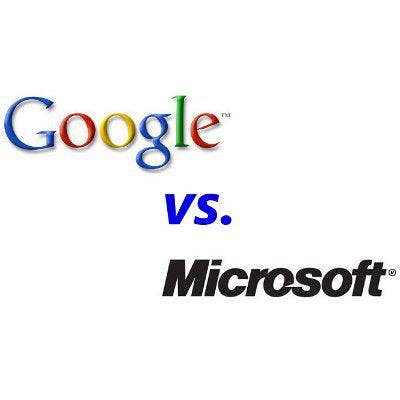
Microsoft and Google are squabbling like parents at a Little League game, and each company is well aware of the weaknesses that exist in the other's businesses. CRN drills down on ten areas of imperfection in Microsoft's business that Google is either exploiting right now or could exploit in the future.
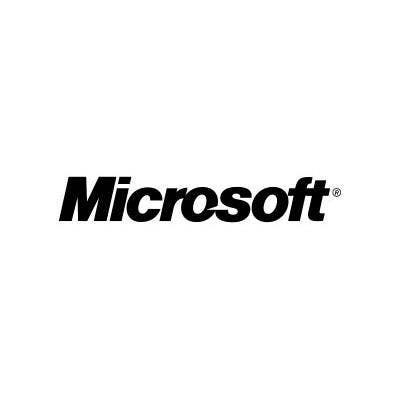
Microsoft's Smartphone Snafu
This one's like shooting fish in a barrel: Mobile is the weakest part of Microsoft's business at the moment. Google's Android OS, meanwhile, is giving the iPhone a challenge on impressive new smartphones like the HTC Evo 4G. Google says more than 100,000 Android devices are being activated every day, and Android 2.2 promises to propel that figure even higher.
Microsoft is working on Windows Phone 7, but devices aren't coming until late in the year. Microsoft has released Kin, its social networking-oriented mobile devices for teens and twentysomethings, but they haven't been flying off the shelves. At this point, Microsoft says its smartphone story will coalesce at some point the future, but Google is making it happen right now.
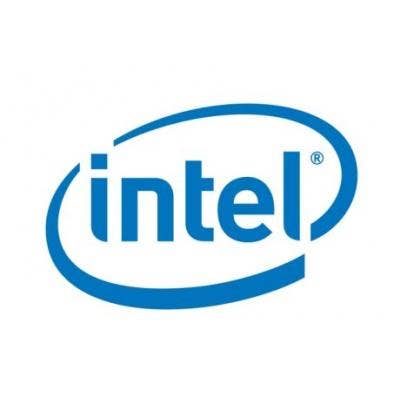
Microsoft's Murky Tablet Strategy
As the tablet PC market gains steam, Microsoft's tablet strategy is murkier than ever, and that's giving Google an uncontested lane to the basket.
It wasn't always this way. Earlier this year it looked like Microsoft had a solid, diversified plan for tablets. At CES, Steve Ballmer showed off HP's Windows 7-powered prototype 'Slate' device. And the dual-screen tablet device called Courier, a product of Microsoft's research arm, looked innovative and promising, according to solution providers.
But ever since HP bought Palm and signaled its intention use webOS in its forthcoming line of tablet PCs, we haven't heard anything about the Slate. Microsoft has also said it won't be bringing Courier to market. Steve Ballmer says there will eventually be tablet devices running Windows, but when?
Microsoft recently downplayed Android's early advances in tablets and likened the situation to Linux's early popularity on netbooks. But without a clear tablet strategy, this just sounds like a lot of whistling past the graveyard.
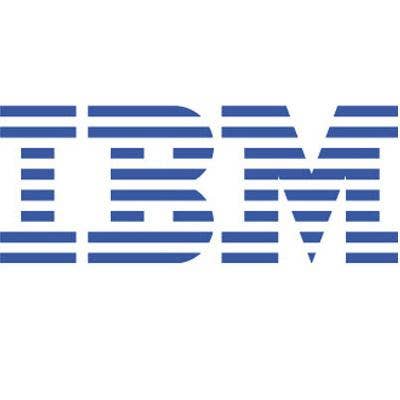
Internet Explorer And Standards Compliance
For years, Microsoft has been criticized for Internet Explorer not being compliant with Web standards. Despite the progress Microsoft had made on this front in IE8, and the further improvements it's promising for IE9, Google's Chrome browser still holds the upper hand in this area.
It's a point Google is harping on with offerings like Chrome Frame, an open source plug-in that gives users a Chrome-like environment inside IE itself. Google says the idea is to bring Chrome faster Javascript and HTML5 support to IE, thus making it easier for developers to test apps.
Microsoft, of course, isn't a fan of the idea. After Chrome Frame was released last year Microsoft quickly warned that it made IE less secure. But for Google, stunts like this are probably the most enjoyable aspect of competing with Microsoft.

Microsoft's Antitrust Track Record
Google's informal mantra 'Don't Be Evil' positions it as the foil to those companies that have done evil in the past. It's not a huge leap to deduce that Microsoft is one of them. So even as Google finds itself under antitrust scrutiny in Europe, and prepares for the near-certainty of the same happening in the U.S., Google is taking advantage of Microsoft's antitrust missteps of a decade ago.
"Hopefully we won't repeat the mistakes that Microsoft made ten years ago that ultimately led to all these things that happened with them," Schmidt said cagily in an television interview with Fox Business last November. "In our case, we see ourselves as a disruptor, because we're using new technology to solve real consumer problems that, in some cases, people didn't even realize could be solved."
Google says it has learned from Microsoft mistakes. How much longer it'll be able to continue using this line is unclear, but it's an angle of attack that Microsoft doesn't have much of an answer for. Unless, of course, one puts any stock in the notion that Microsoft is pulling some strings to get European regulators to take a closer look at Google's business practices.

Microsoft BPOS And Customer Ownership
One of the biggest channel issues with Microsoft's march into cloud computing has been its insistence on handling billing relationships that have traditionally belonged to solution providers. It’s one of the disruptions that cloud computing brings, and it's something that Microsoft VARs have, for the most part, grudgingly accepted.
Google, on the other hand, gives Google Apps resellers full control over billing. Google charges its reseller partners $40 per seat for an offering they can sell for $50 per seat and then steps out of the way. For many VARs, customer ownership is a vital part of their business, and Google appears to have zeroed on this as a point of differentiation from Microsoft.

The Cloud And Multi-Tenancy
Google has been built from the ground up as a cloud computing vendor, while Microsoft has arrived to the party later. Of course, unlike Google, Microsoft also has an on-premise software business to maintain, and so it's taken more time to create and hone the messaging about the value proposition Microsoft brings to the table.
Microsoft says it's now re-architecting its products with multi-tenancy in mind, but Google can say it has adhered to the multi-tenant philosophy since day one.
Will this matter in the long run? Perhaps to some companies, but the reality is that cloud computing as a market is still very much in its infancy, and companies are still learning as they go. Nonetheless, Google, like its close partner Salesforce.com, sees itself as a pioneer of all things cloud and will use that as a competitive differentiator.

Office Software Cost, Licensing Complexity
In the run-up to Microsoft's launch of Office 2010, Google has stepped up efforts to highlight issues with Microsoft's pricing of the software. Google often notes that Google Apps Enterprise Edition is $50 per user annually, while Office Professional 2010 costs $499 and also requires Sharepoint for some features.
Google has but a fraction of the products Microsoft sells, so it's easy for Google to play the simplicity card here. But Google does have a point when it comes to the licensing complexity of Microsoft software. Microsoft sells much of its software volume licensing agreements, which makes it tough to nail down exact costs for the purpose of side-by-side comparison with Google's offerings.
Microsoft's response is that companies have standardized on Office and prefer it to the wild unknown of Google Apps, but anytime one company can hammer away at another's offerings based on cost advantages, you'd have to think that people are going to eventually start listening.

Small Business Disgruntlement
When Microsoft introduced its Business Productivity Online Suite in 2008, SMB-focused solution providers did the math and quickly decided that they wouldn't be able to drive the volume necessary to make money from selling it.
BPOS has come a long way since then and is starting to gain some real momentum in the Microsoft channel, and it's reaching out more to SMB partners on BPOS. But there are still plenty of partners who aren’t on board, and these partners represent a pool of possible recruits for Google as it continues to build its own channel around Google Apps.
Is Microsoft still a channel friendly company? Of course, and it actually may be the best in the IT industry. Still, BPOS, as currently constituted, isn't appealing to all Microsoft partners, and that's a point Google could leverage to lure away some converts.

Microsoft BPOS And Google Apps Marketplace
Google says it has 25 million users in 2 million businesses using Google Apps, with a daily signup rate of 3,000 new customers. Those are impressive figures, but also impressive is that Google already had an applications marketplace germinating around Google Apps.
Launched in March, the Google Apps Marketplace includes offerings from more than 50 Google partners and allows developers to go hog wild in developing business applications, from accounting and project management to travel planning and human resources management.
There have been rumors of a Microsoft BPOS marketplace, but nothing concrete yet. Microsoft is holding its Worldwide Partner Conference next month and a BPOS apps store would be a blockbuster. Until this comes to pass, though, Google can say it's got a head start here.
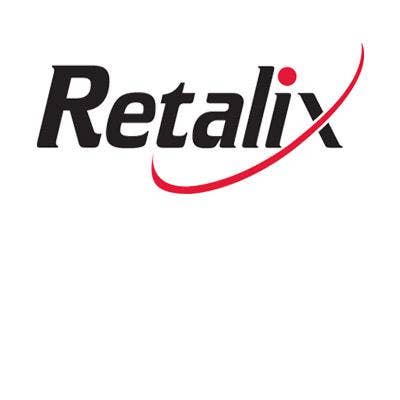
Microsoft's Security Reputation
Microsoft has been focusing a ton of effort and resources on improving the security of its products, and those efforts have been widely noted and commended by security researchers. However, these efforts have been overshadowed by a string of zero day vulnerabilities in Windows XP that have appeared at a rate of one every month in 2010.
The latest zero day has Google's fingerprints all over it. Earlier this month Tavis Ormandy, a Google security engineer, uncovered a vulnerability in XP's Windows Help and Support Center and reported it to the Microsoft Security Response Center (MSRC). But just five days later, Ormandy went public with proof-of-concept exploit code, enraging Microsoft and forcing it to scramble to build an out-of-band patch.
Google and Ormandy both claim he acted independently and not as a Google employee, but many security experts see this as Google playing dirty pool. By framing the debate around full disclosure, Google and Ormandy get to take the position of having the masses' best interests at heart while simultaneously slinging some more mud in the direction of Microsoft's battered security image.
See the flip side of this story: 10 Google Weaknesses Microsoft Is Obsessed With